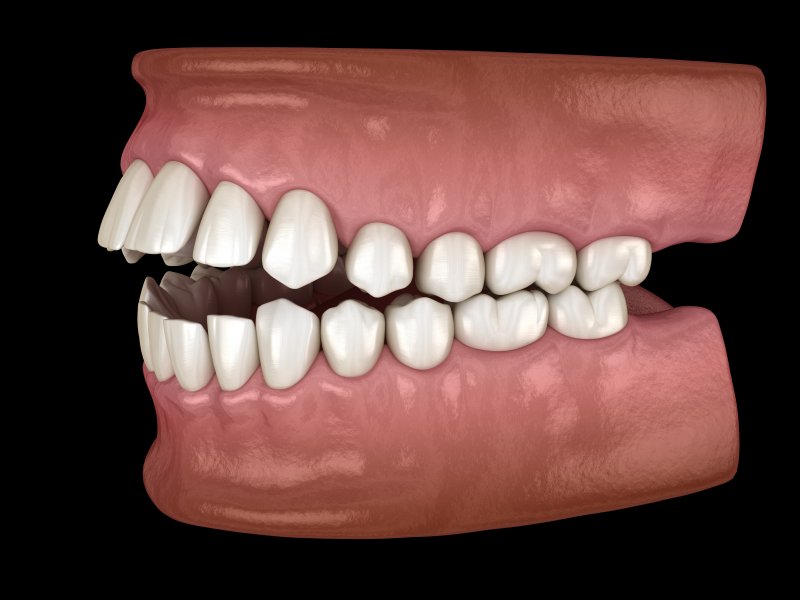
Habits such as thumb-sucking and pacifier use are normal and safe ways for young children to soothe themselves, but continuing them after a certain point of dental development can lead to oral health issues down the road. Here’s a brief guide to some of the risks of thumb-sucking and pacifier use continuing past the toddler stage as well as a few tips for helping your child grow out of their habit.
What’s So Bad About Thumb-Sucking?
Thumb-sucking and pacifier use can benefit young children by giving them a coping mechanism for when they feel anxious or overwhelmed, and these habits frequently begin during the teething process. Thumb-sucking and pacifiers can be easy ways to soothe a distressed child, allowing many exhausted parents to get some well-deserved sleep.
As long as a kid drops these habits before age four, they should not have a significant impact on their oral health. However, if thumb-sucking or pacifier use continues into years four, five, or six, it could lead to issues such as:
- Orthodontic problems: Prolonged pacifier use or thumb-sucking can lead to the permanent teeth becoming misaligned. A child who clings to these habits for too long is particularly susceptible to developing an open bite, a condition in which the top teeth and bottom teeth do not overlap when the mouth is closed.
- Altered facial development: The frequent shifting of pressure within the mouth caused by thumb-sucking or pacifier use can alter the way the smile and face are shaped if these habits continue too late into pre-adolescence. One issue that occurs this way is orofacial myological disorder (OMD), which requires extensive treatment.
- Speech difficulties: An open bite or overbite that develops due to thumb-sucking can make it more difficult to pronounce certain sounds, resulting in issues like lisps.
How Can I Help My Child Quit Thumb-Sucking?
A few ways to help your kid move on from thumb-sucking or pacifier use include:
- Wean them off the habit: As your child gets older, only let your child suck their thumb or pacifier at particular times such as when in the crib.
- Offer an alternative: A soft blanket or plush toy can help a child lose interest in pacifiers or thumb-sucking.
- Point out when your child is doing it: By helping your child realize when they are sucking their thumb, you can help them become more mindful of the habit.
- Praise the kid for making process: A few kind words of acknowledgment can do a lot to encourage your child to quit the habit.
Don’t let thumb-sucking or pacifier use diminish the health and beauty of your child’s future smile. By encouraging them to drop these habits after a certain age and working with their dentist in the process, you can help them keep their teeth healthy for life.
About the Author
Dr. José Garcia earned his dental degree at the Howard University College of Dentistry and proudly serves as a member of the American Academy of Pediatric Dentistry. He also regularly participates in continuing education coursework to refine his skills and expand his knowledge base. His dental office in Silver Spring offers pediatric general, restorative, and emergency dentistry. To learn more about helping your kid quit thumb-sucking or pacifier use, contact his office online or dial (301) 871-8880.


